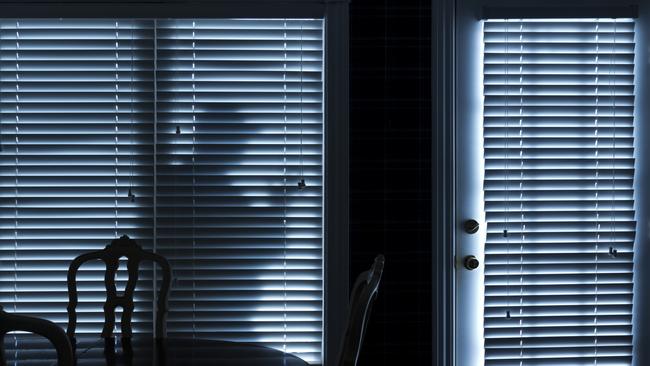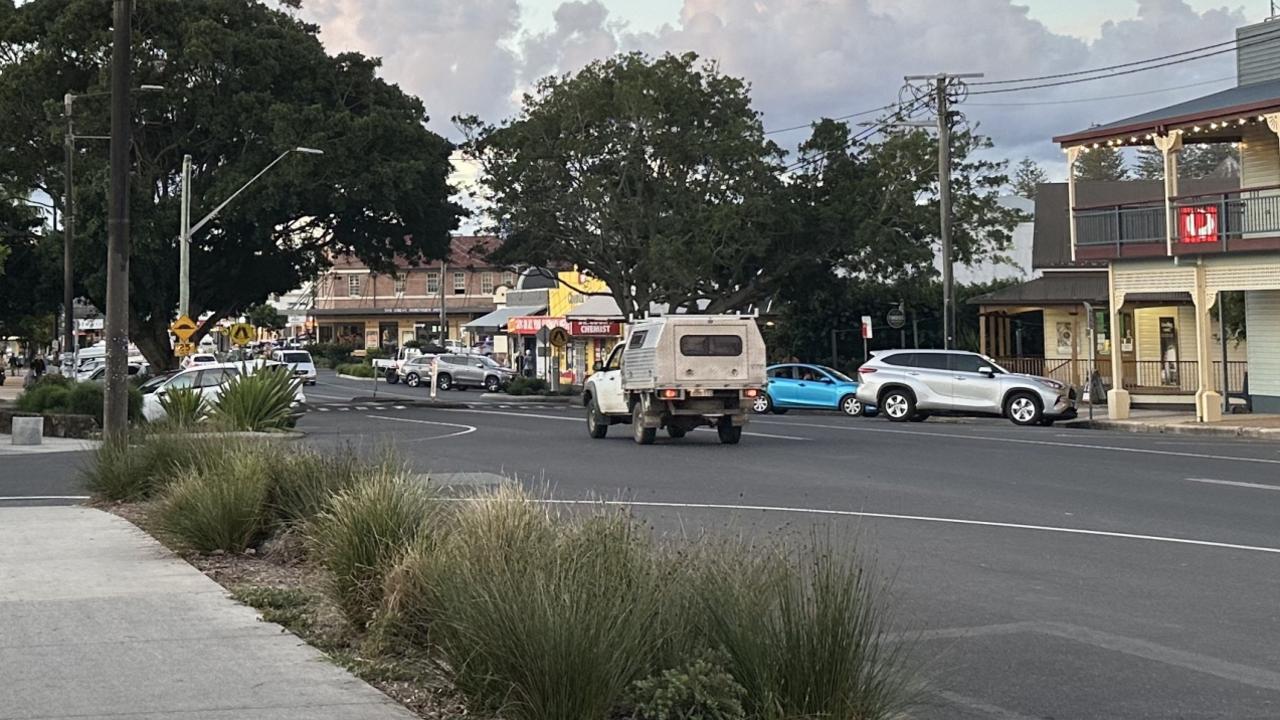Why Jackson Erin Barrow was found not guilty of break-and-enter
The prosecution tried to argue there was a “joint criminal enterprise” between the 29-year-old and his female co-accused.

Police & Courts
Don't miss out on the headlines from Police & Courts. Followed categories will be added to My News.
A Northern Rivers man has been cleared of a break-in charge.
Jackson Erin Barrow, 29, was charged with aggravated break and enter for alleged involvement in the theft of a motorbike, luxury watches and $500 cash from a New Brighton home over an alleged May 15, 2020 incident.
The Booyong man was found not guilty after a hearing – which began last year – concluded in Byron Bay Local Court on Tuesday.
The court heard Mr Barrow and another man attended the property to help their friend, co-accused Kerri Hoey, move from upstairs in the home to a downstairs self-contained unit.
Mr Barrow told the court they attended on both May 14 and 15 and took some items they believed were Ms Hoey’s possessions, including a motorbike, to her parents’ house in Ballina.
The owner of the home later complained to police about the alleged theft of the motorbike and other items which he said belonged to him.
Mr Barrow agreed he also moved a safe or “lockbox” downstairs; he told the court Ms Hoey believed it contained a possession of hers.
He told the court he never saw the luxury watches the alleged victim claimed were stolen from him, or the money.
The court heard he later sold the motorbike on Facebook Marketplace at Ms Hoey’s request because she was moving outside of the area.
Mr Barrow said it was Ms Hoey who opened the safe with a screwdriver.
Police prosecutor Sergeant Nathan Lockett argued the pair were involved in a “joint criminal enterprise”.
To prove this, he had to satisfy the court the pair had reached an understanding to commit all aspects of the alleged crime together, from breaking into the home to the alleged thefts.
Sgt Lockett told the court CCTV footage from the home showed Mr Barrow entered the home, citing the beams from a torch which the defendant said he was carrying.
Magistrate Karen Stafford rejected this on the basis of evidence glass louvres were broken to access the locked home prior to Mr Barrow’s arrival at the property.
“The light inside may well indicate he entered the premises on April 15 but, even on (Ms Hoey’s) version, she urged him not to,” Ms Stafford said.
“There is no evidence at all that there was an agreement by him that he would be a participant in a break, enter and steal.”
Ms Stafford said she was also not satisfied Mr Barrow had “an intention to permanently deprive (the property owner) of his property”.
She said it was “clear he carried the safe”, but there was evidence he left it with Ms Hoey.
“The only evidence in this case was that she wanted him to help her carry the safe because she believed her property was inside it,” Ms Stafford said.
Ms Stafford said even if she was wrong on those points, she was not convinced the prosecution had disproved the defence claim that Mr Barrow genuinely believed Ms Hoey had a legal claim to the property.
“His evidence was that he honestly believed that she asserted a legal right over the motorcycle,” she said.
Mr Barrow’s barrister, Megan Cusack, had relied on that belief held by her client as one aspect of the defence case.
She said the alleged victim didn’t report the matter for a week and “hid some evidence from the police”.
While Ms Stafford found a prima facie case was made out, she said the prosecution failed to meet the “high hurdle” of disproving the defence case.
She found Mr Barrow not guilty.
Ms Hoey had earlier pleaded guilty to aggravated break-and-enter in company and was convicted.


